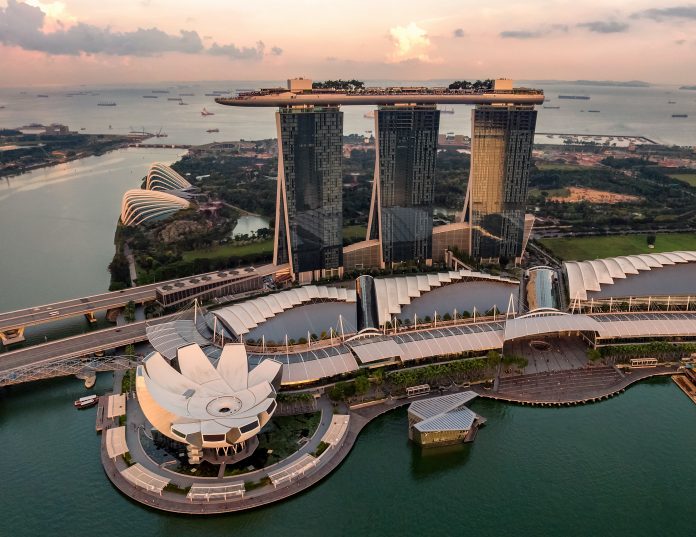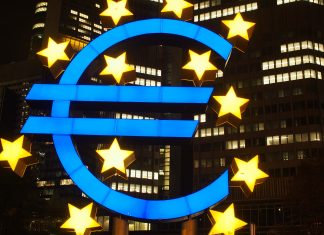The Monetary Authority of Singapore (MAS) has introduced a sustainable finance framework after two years of consultations and development.
According to The Business Times, this framework, known as the Singapore-Asia Taxonomy for Sustainable Finance, uniquely defines eligible economic activities across eight crucial sectors: energy, real estate, transportation, agriculture and forestry, industrial, information and communications technology, waste and circular economy, and carbon capture and sequestration. It serves as a guiding structure to determine what constitutes sustainable or transition financing.
Ravi Menon, managing director of MAS, highlighted the significance of this taxonomy at the United Nations climate change conference, COP28. He emphasized its pioneering nature, being the first to comprehensively categorize transition activities in such diverse sectors. “Most taxonomies define what is green and what is brown, leaving out the bulk of economic activities that are in-between,” Menon explained.
A novel “traffic-light” system categorizes economic activities: green activities qualify for green or sustainable financing, while amber activities, which are on a path to net zero but not yet meeting green criteria, can access transition financing. Red activities, posing significant harm, are ineligible. This approach not only encourages decarbonization but also supports existing businesses and assets in their journey towards sustainability.
Additionally, MAS underlines the importance of defining transition in Asia, a region experiencing rapid economic development, population growth, and escalating energy demands. The taxonomy aims to provide clarity, reduce risks of mislabeling in sustainable financing, and includes specific criteria for financing the early retirement of coal-fired power plants. These plants must close by 2040, and their energy output replaced with clean energy within the same electricity grid.
Singapore joins Indonesia, Malaysia, and Thailand in releasing finalized taxonomies for sustainable financing in South-east Asia. MAS is also working to align the Singapore taxonomy with the International Platform on Sustainable Finance’s common ground taxonomy (CGT), which includes the European Union and China taxonomies. This alignment will further enhance interoperability and facilitate sustainable development across these markets.
Beyond the taxonomy, Menon also spoke about a blended finance platform, the Financing Asia’s Transition Partnership, which aims to mobilize a fund of US$5bn. This platform focuses on three areas: accelerating energy transition, green investment projects, and emerging green technologies like hydrogen. The coalition also includes a transition credits coalition to develop transition credits as a viable market solution, which are carbon credits generated when coal-fired power plants retire early.
Singapore’s commitment to sustainable financing and innovative approaches like the taxonomy and blended finance platform highlight its leading role in the global move towards a more sustainable future.
Copyright © 2023 RegTech Analyst
Copyright © 2018 RegTech Analyst



